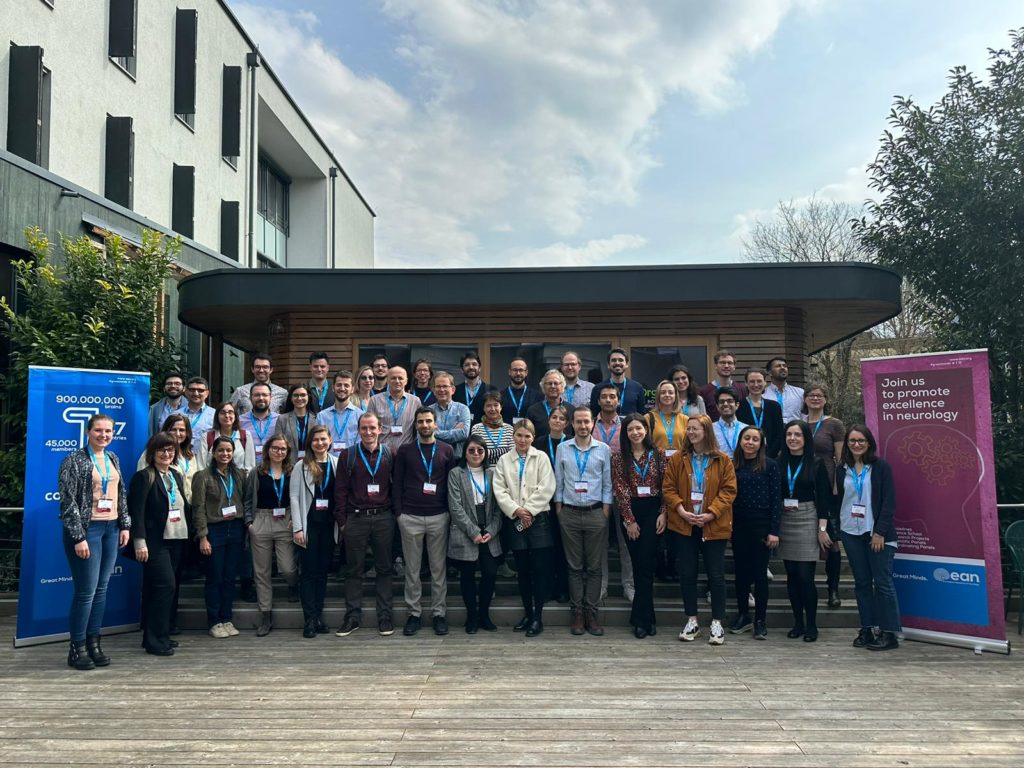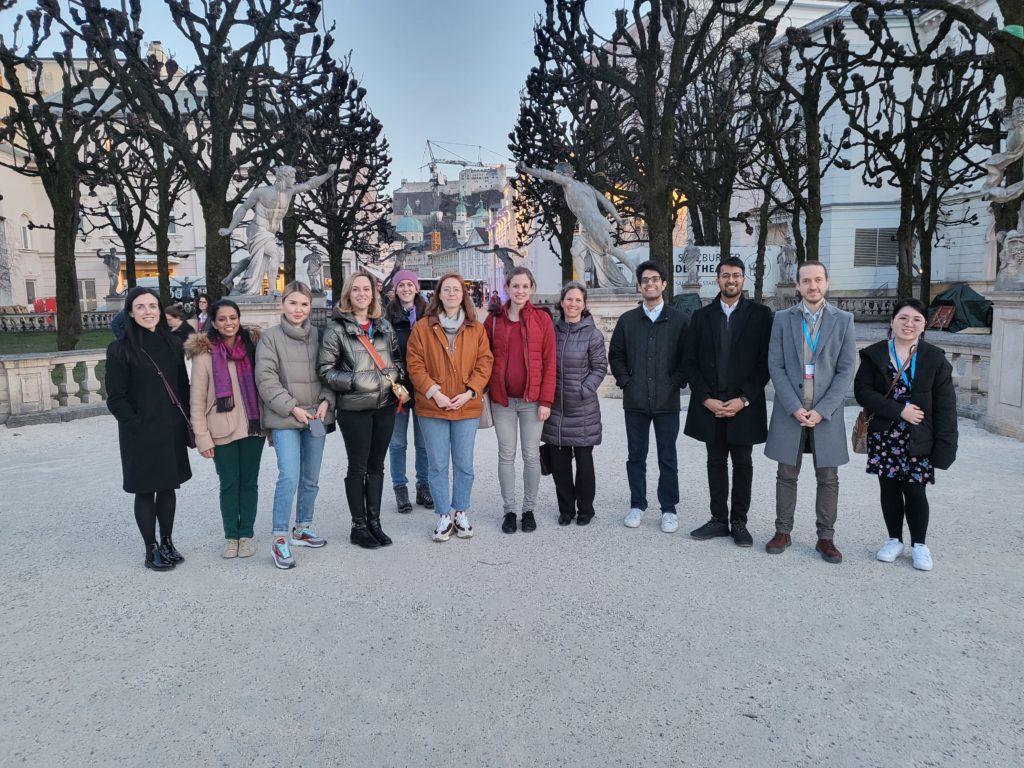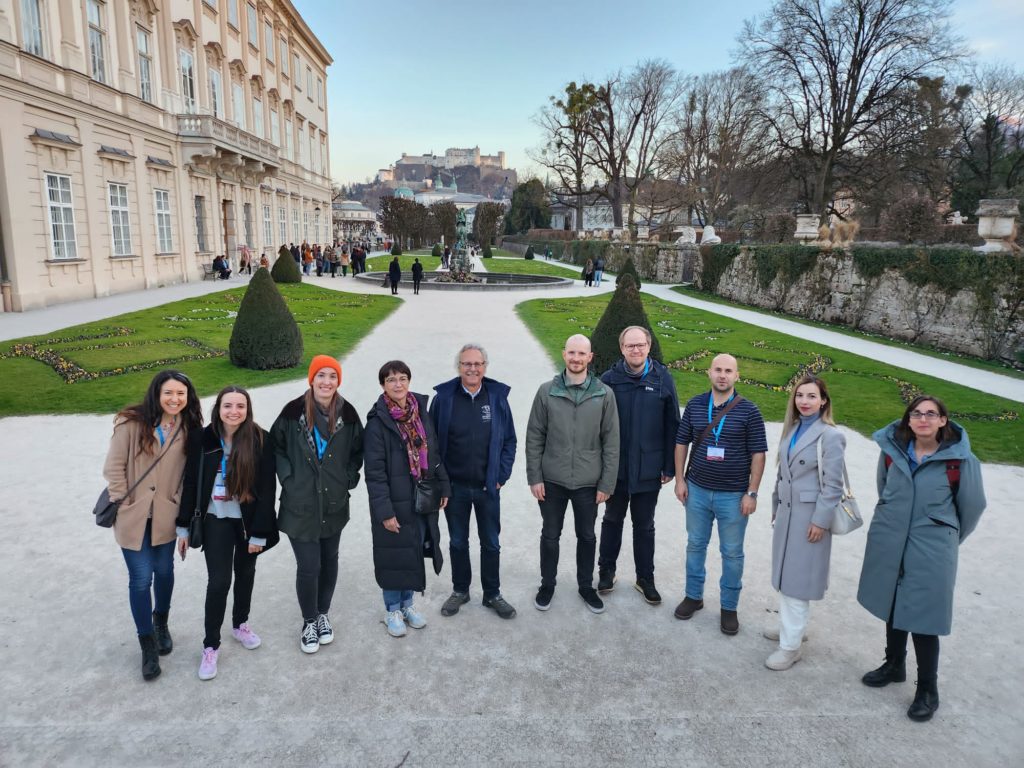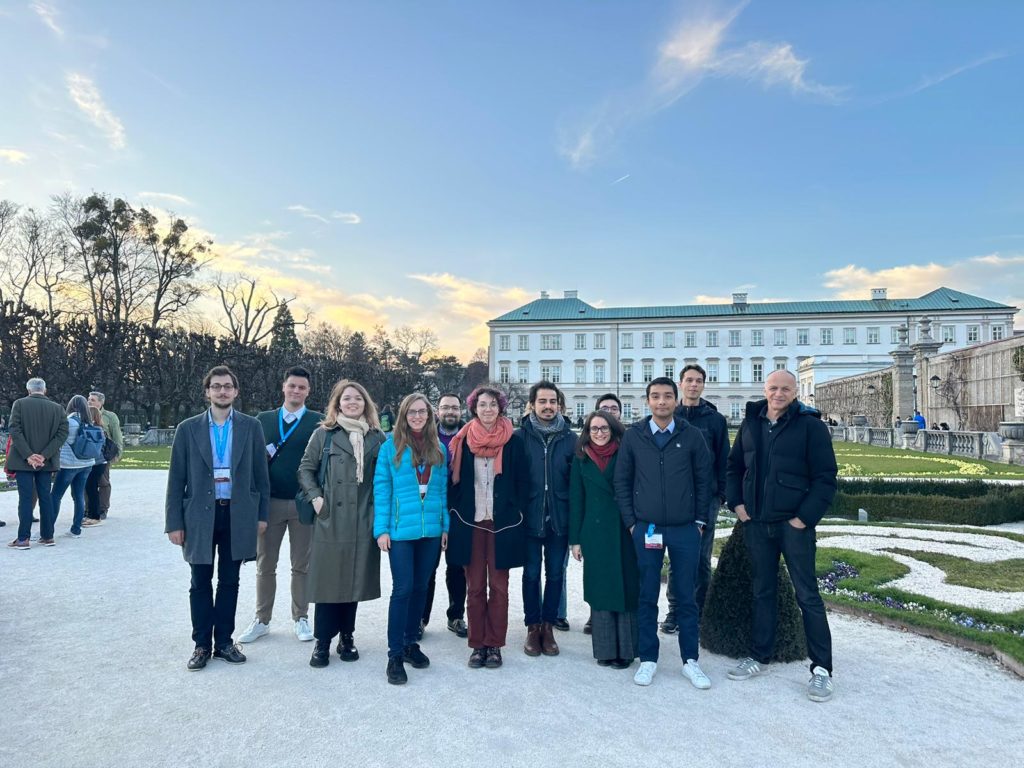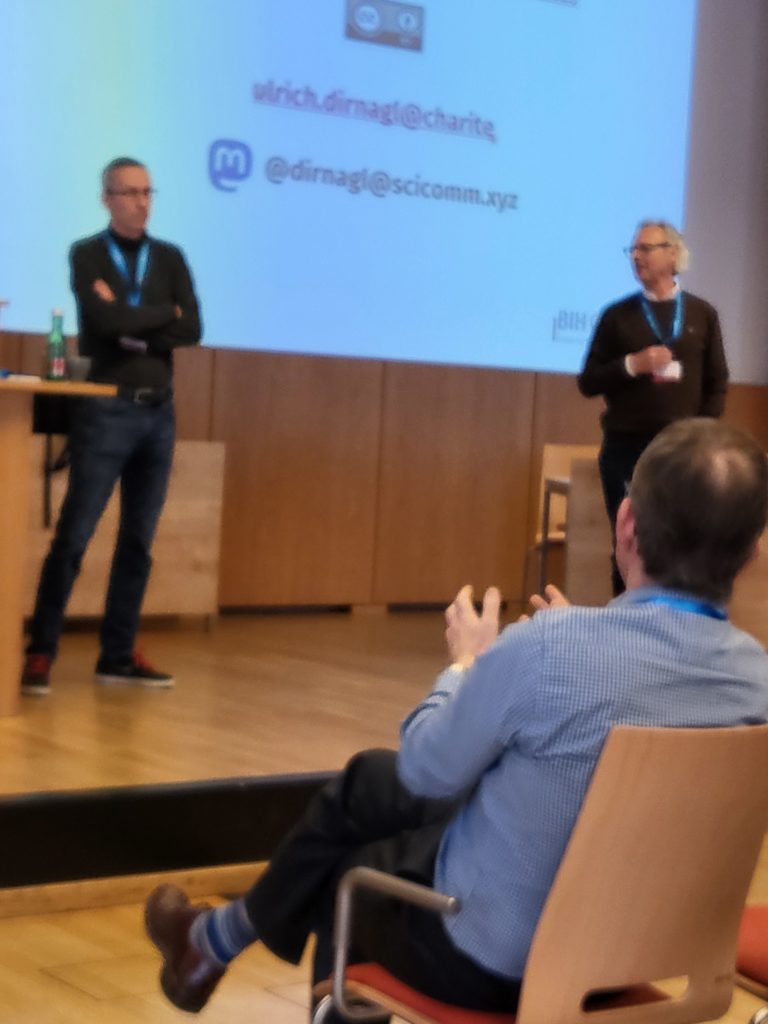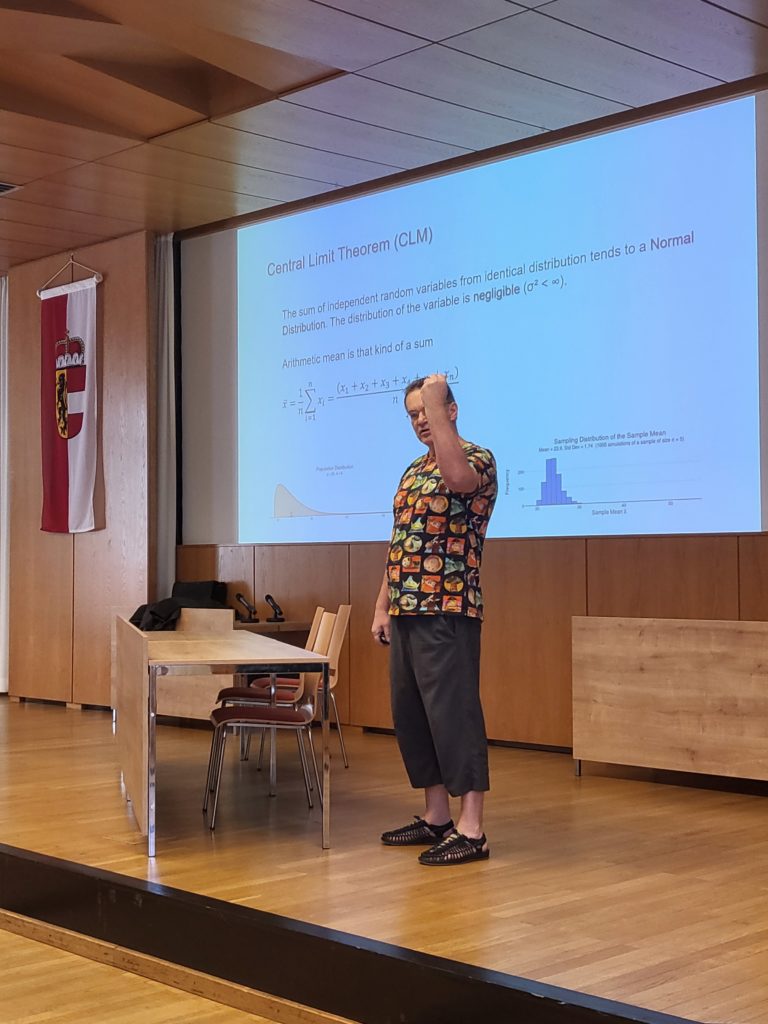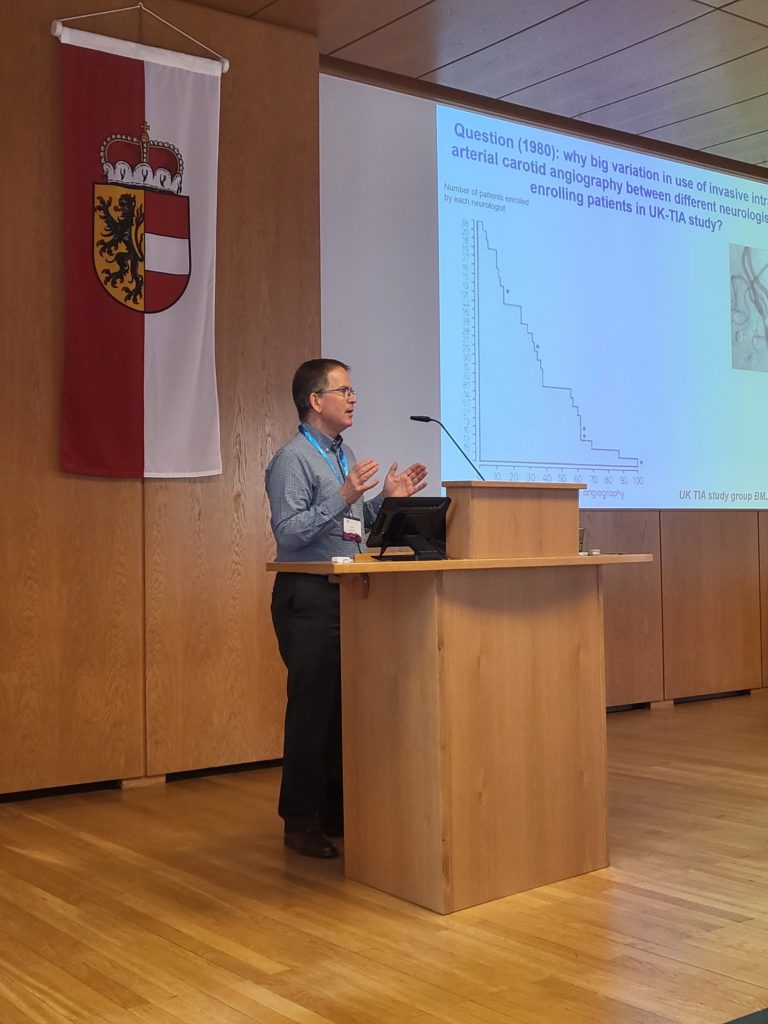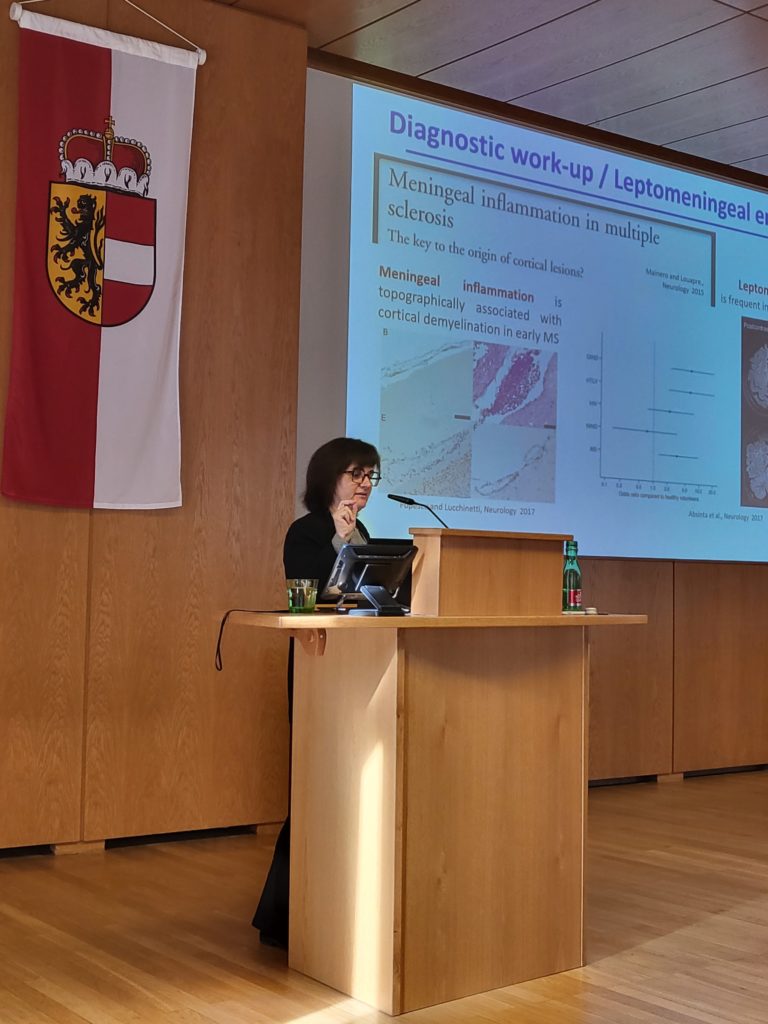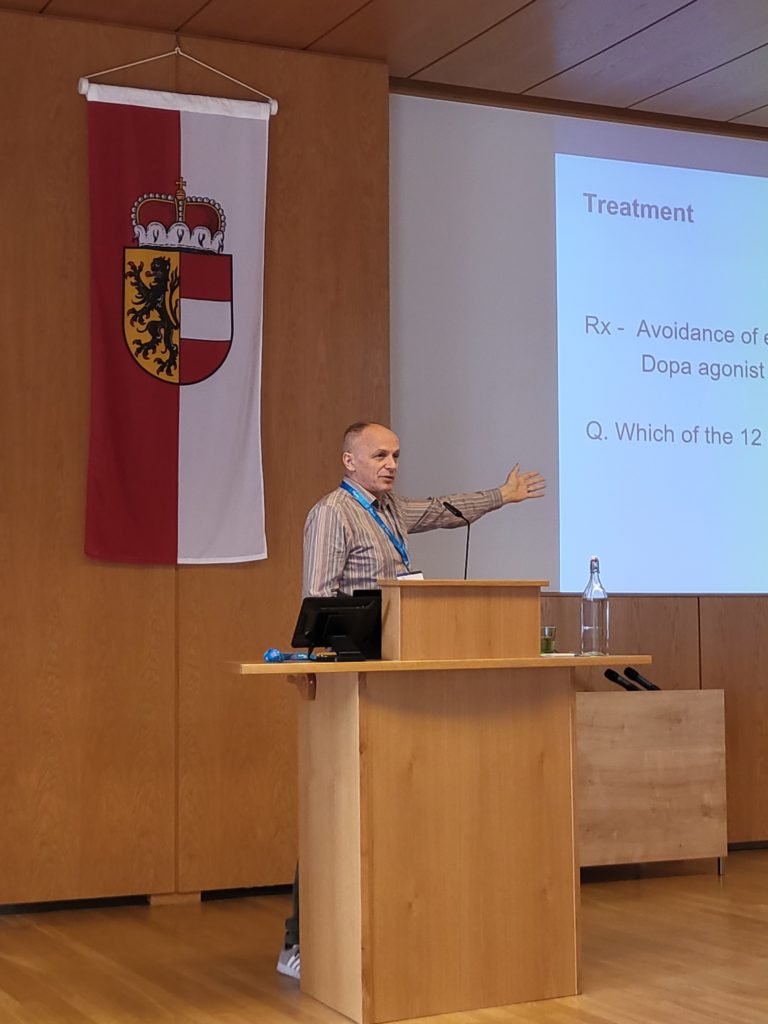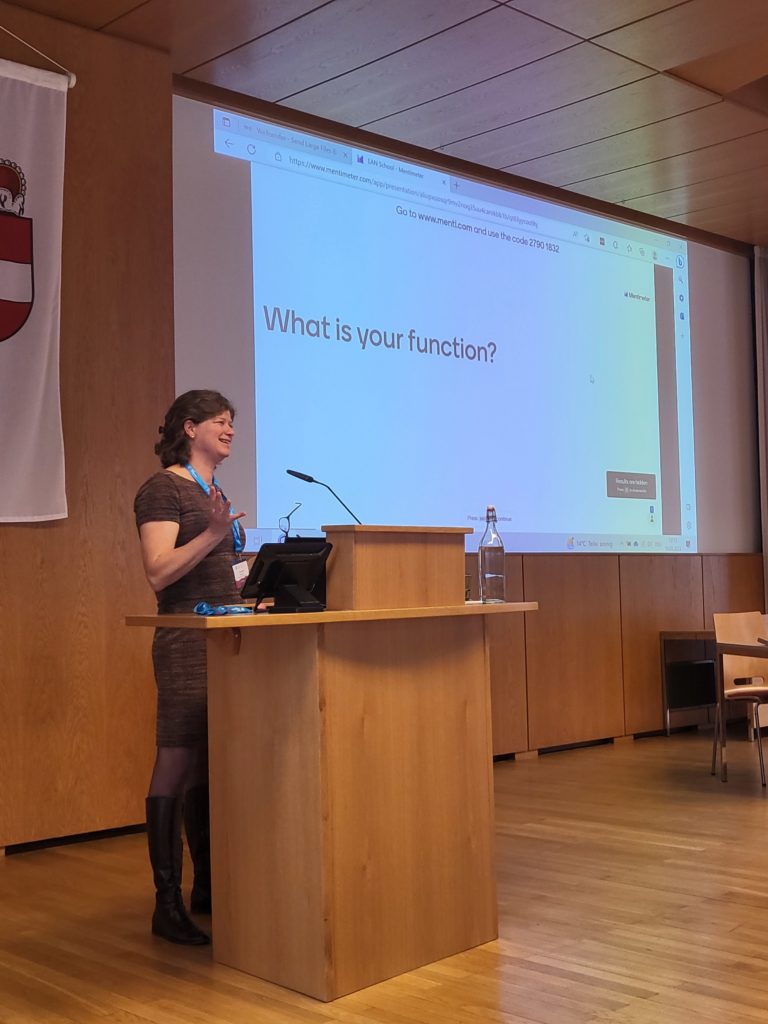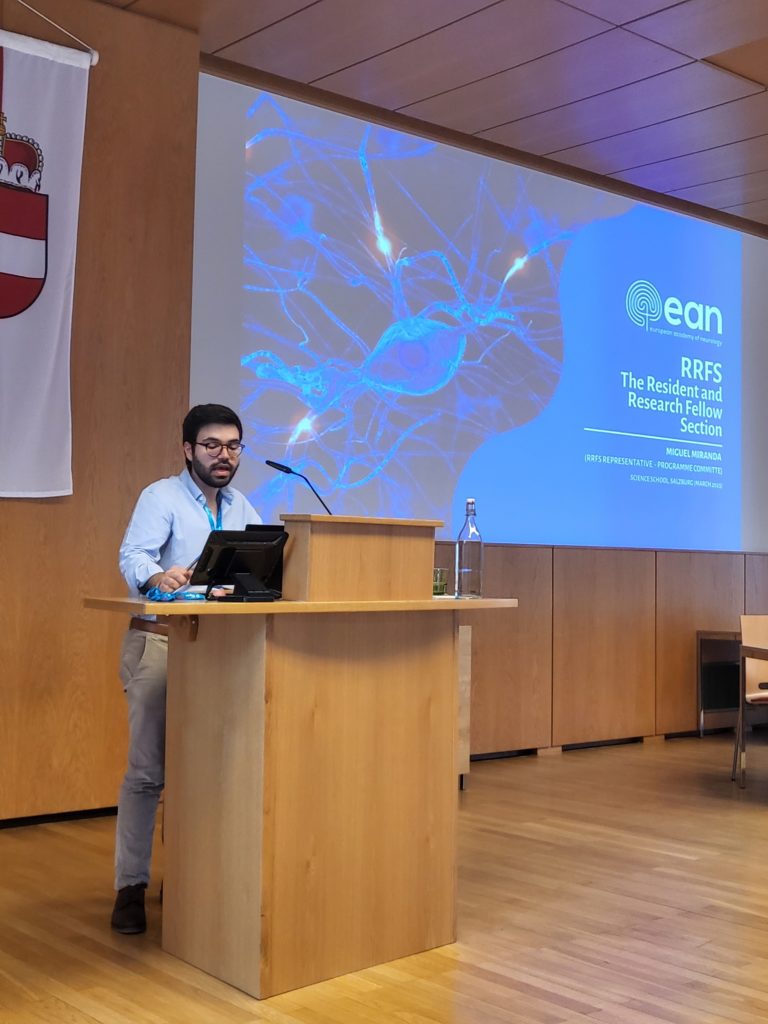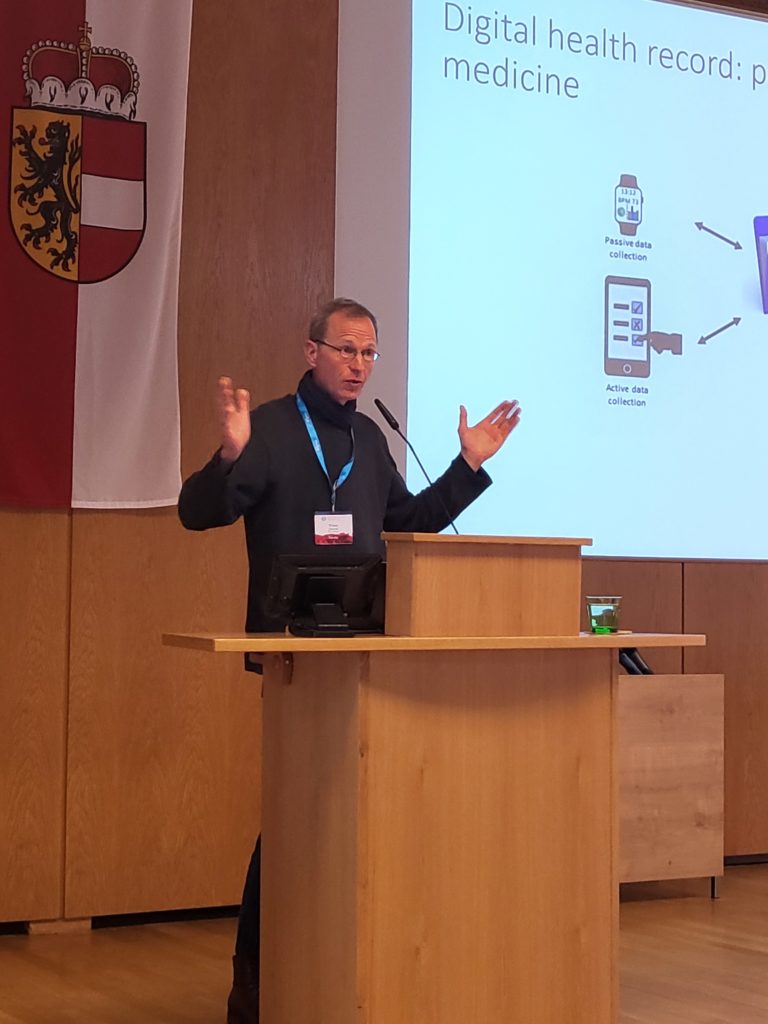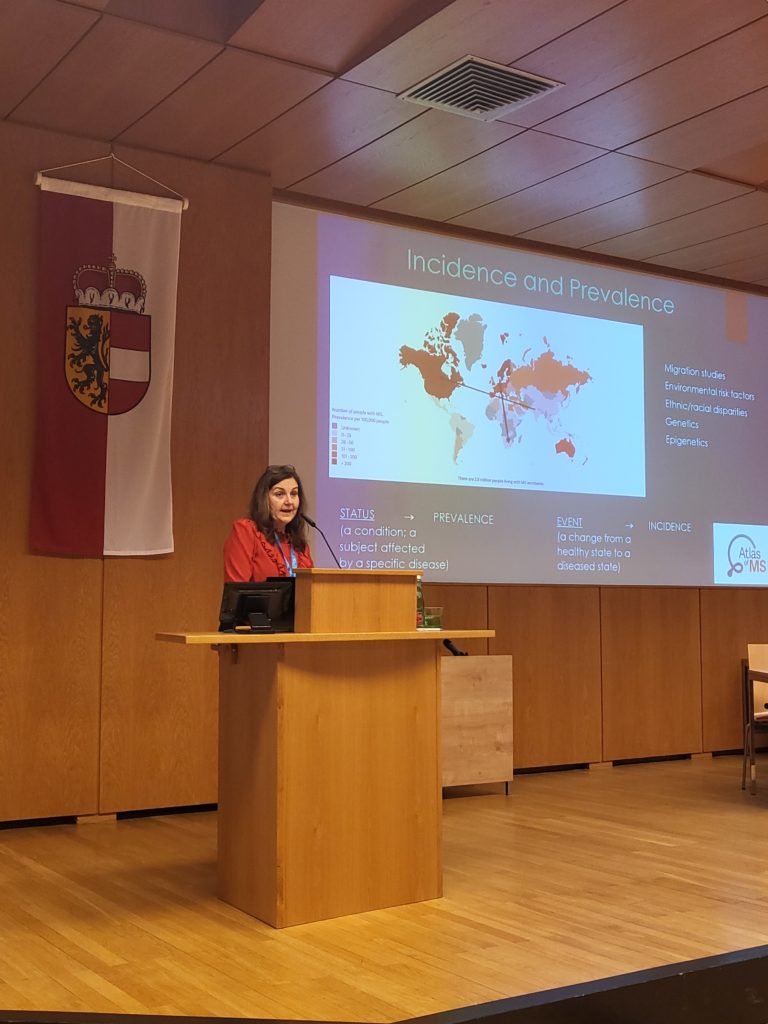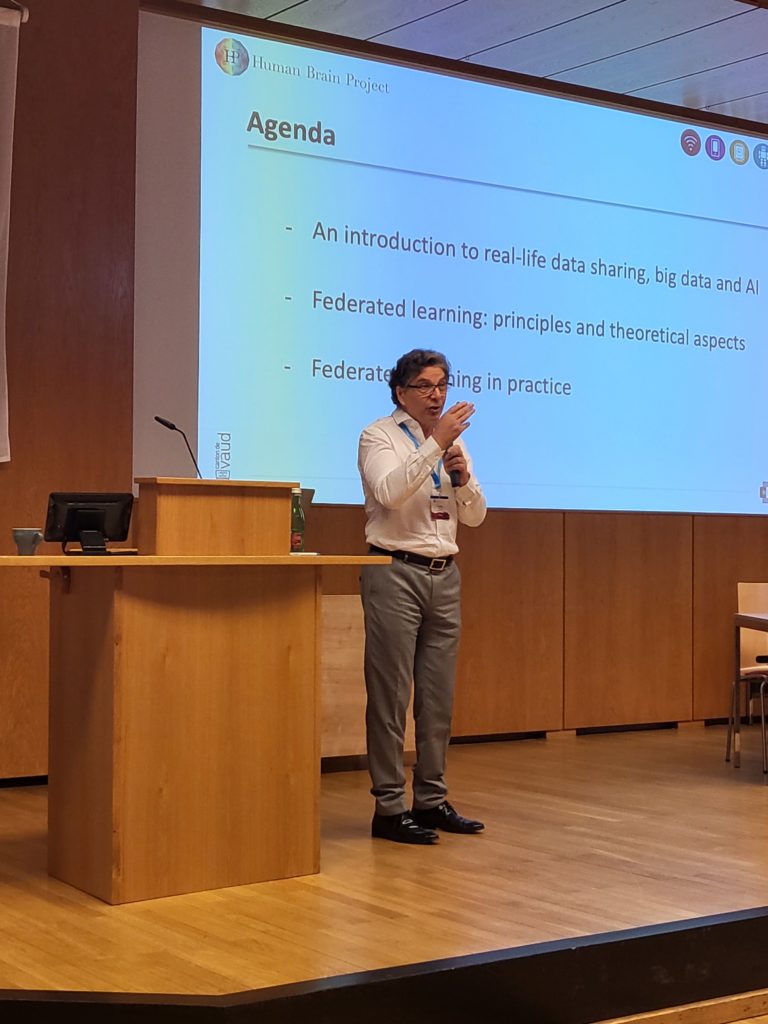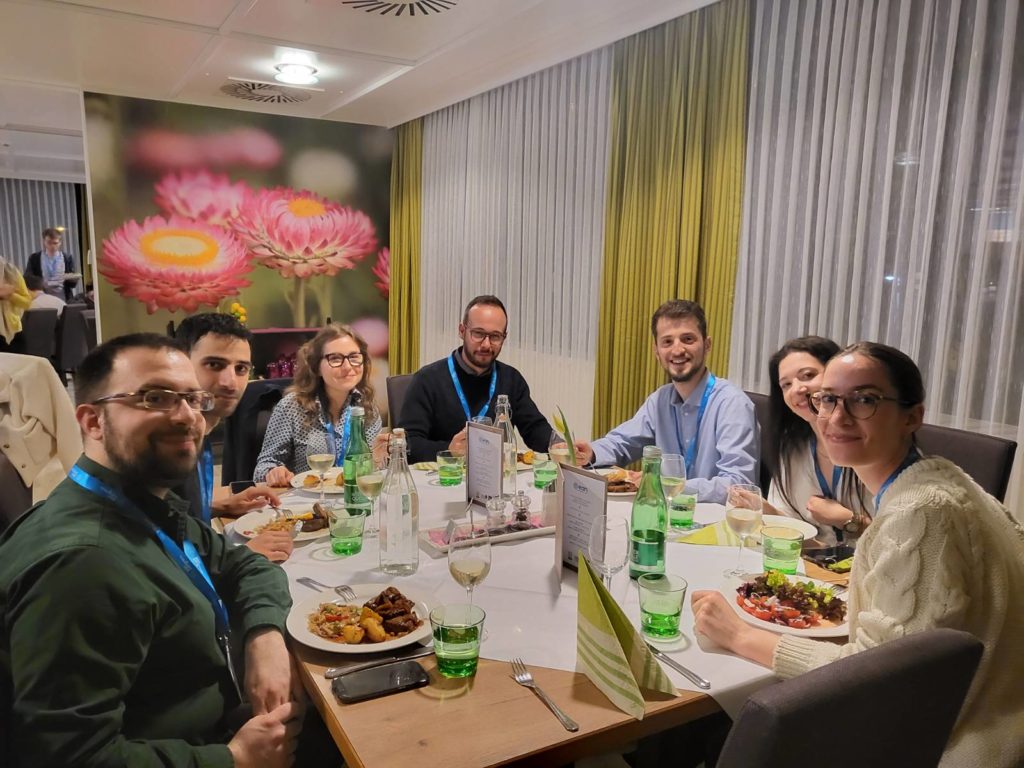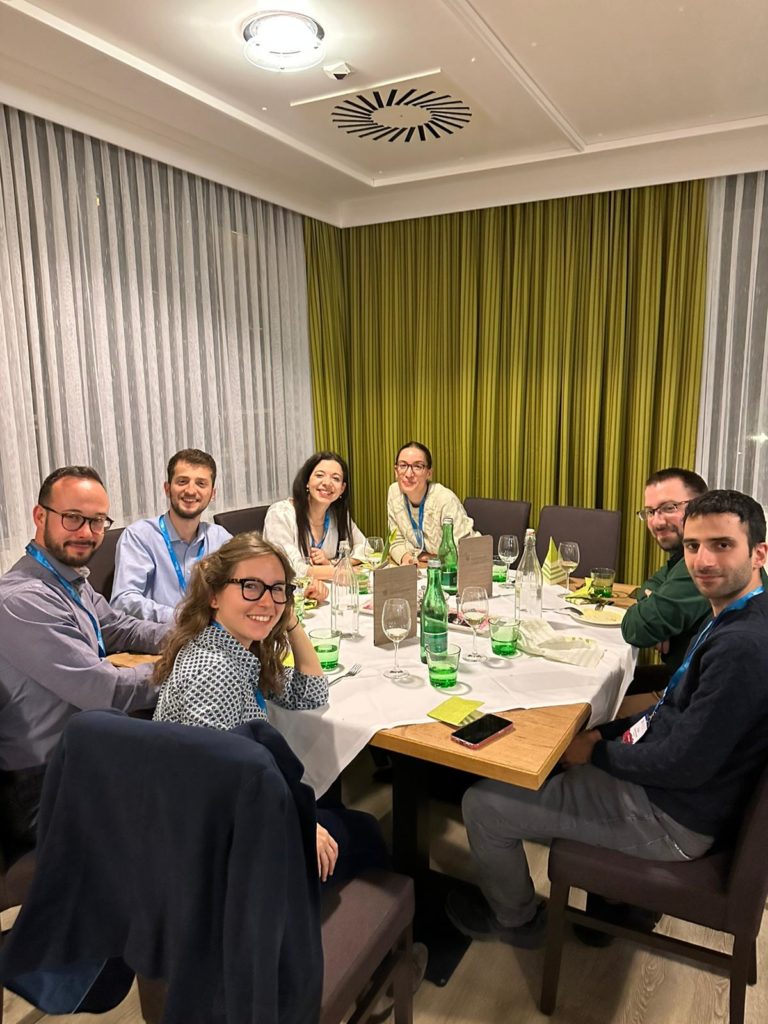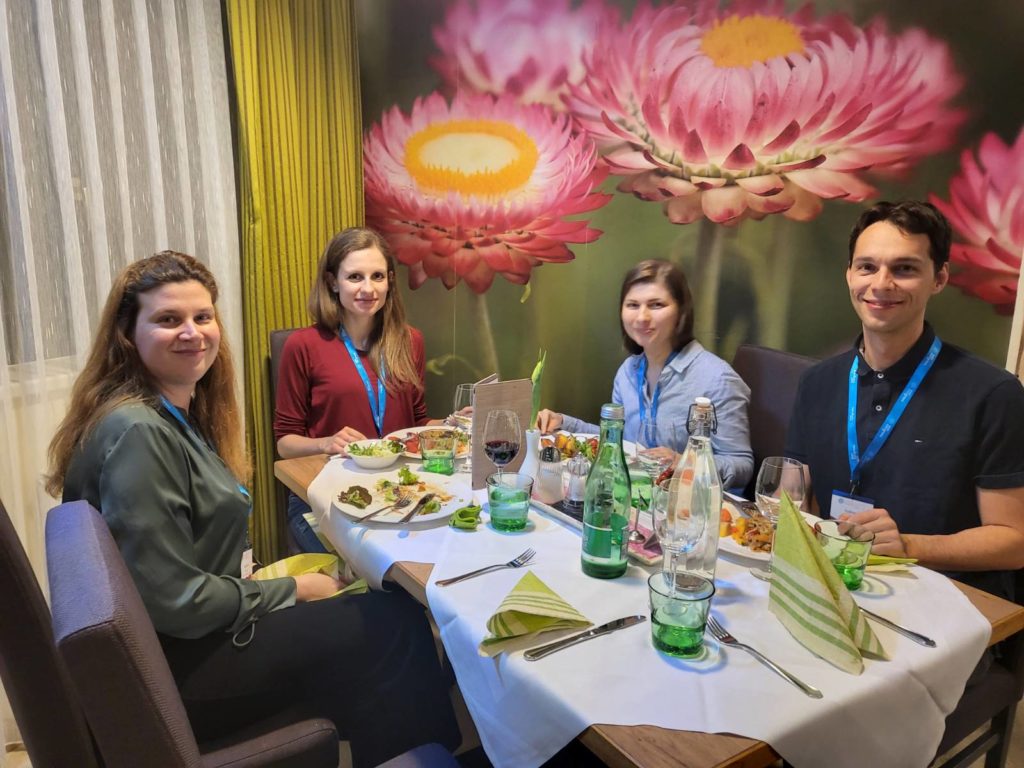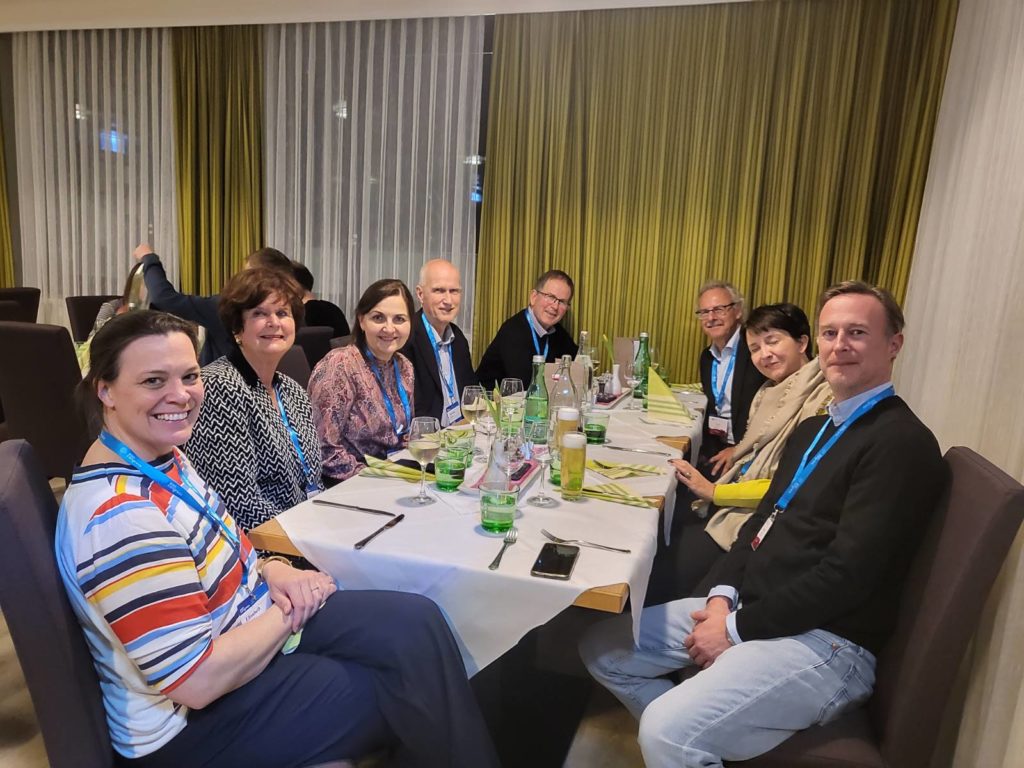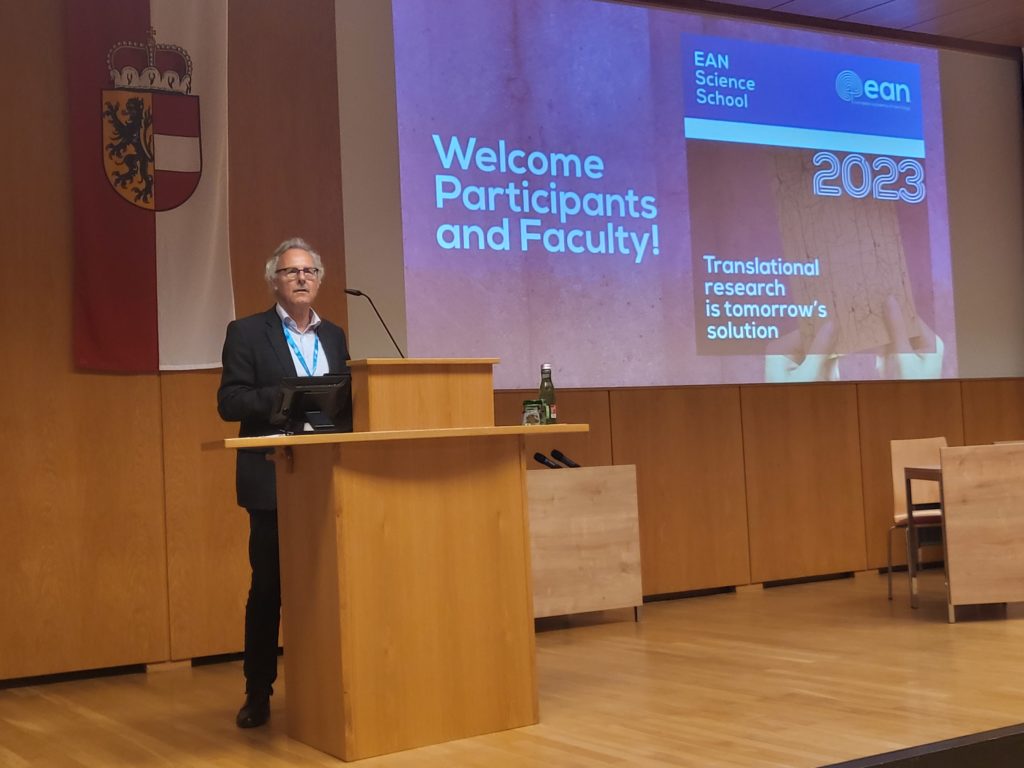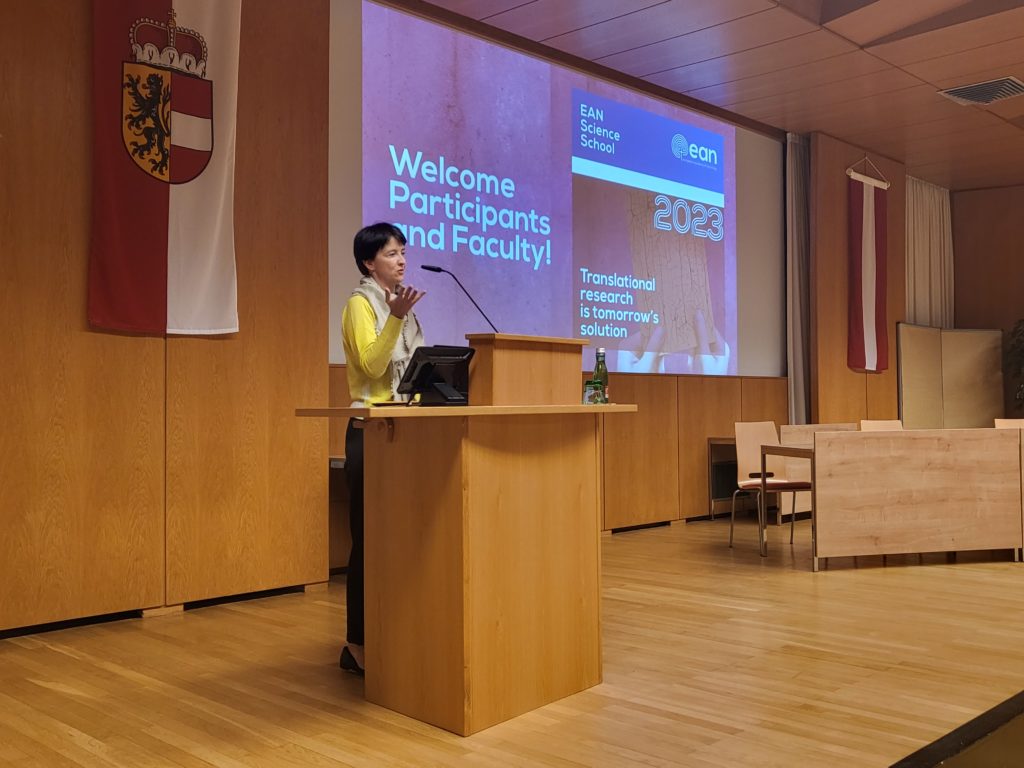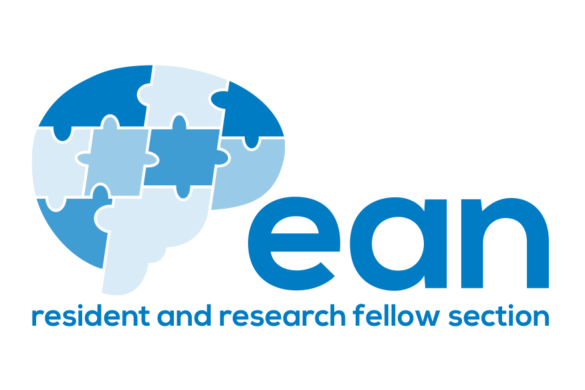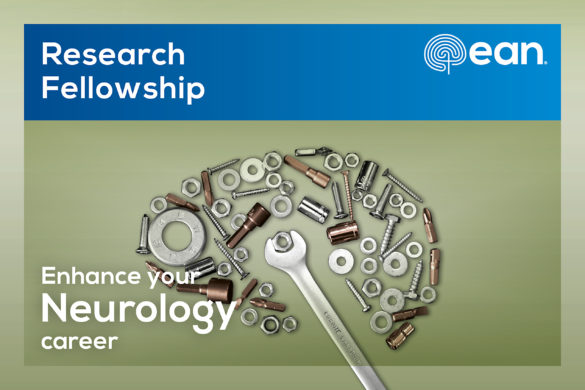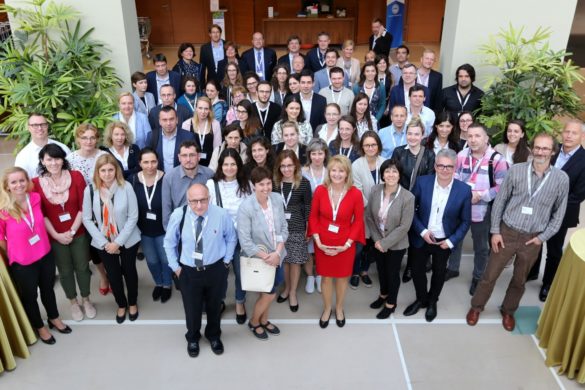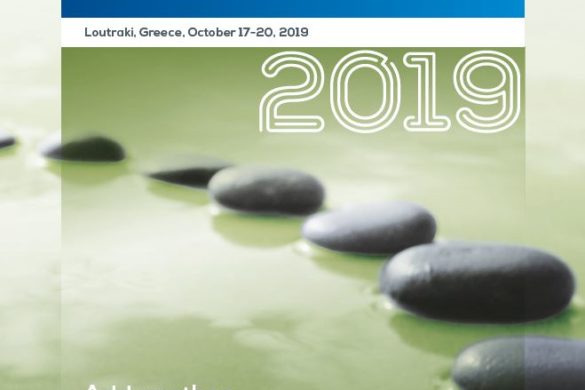by Nina Vashchenko and Alice Accorroni, EAN Residents & Research Fellows Section Chair and Secretary
The second EAN Science School took place in Salzburg, Austria, on 17-21 March, bringing together 55 participants from 24 countries.
The programme commenced with a welcome lecture and dinner on Friday evening, followed by daily morning lectures and afternoon group workshops.
On Saturday, attendees delved into a range of topics, starting with a lecture on statistics by Erich Kvas from Graz, who illuminated the importance of confidence intervals in statistical analysis. Peter Sandercock from Edinburgh then provided an overview of the design of randomised trials, while Ulrich Dirnagl from Berlin discussed methods for distinguishing solid from mediocre medical literature. In the afternoon, the speakers led practical workshops on their respective topics. The evening offered a chance to explore Salzburg with a city tour and dinner at a local restaurant.
The second day began with a lecture from Mara Rocca from Milan on advanced techniques for measuring and monitoring clinical outcomes using MRI. Nicholas Wood from London then covered genomics and precision medicine, followed by a lecture from Charlotte Teunissen from Amsterdam on using CSF and blood biomarkers to diagnose and potentially monitor Alzheimer’s disease progression. Before the lunch break, Miguel Miranda from Cascais shared insights into the EAN Resident and Research Fellow Section and the educational opportunities available for its members. In the afternoon, attendees participated in workshops led by the morning lecturers. After dinner at the hotel, participants had a free evening to explore Salzburg’s many attractions.
The last day of the school kicked off with an exciting talk by Melinda Magyari from Copenhagen on epidemiological methods to prognosticate neurological diseases highlighting a critical role of neurologists in identifying factors involved in disease development and in influencing screening measures in the general population and disease trajectories. Philippe Ryvlin from Lausanne discussed in depth the possible pitfalls of applying AI in clinical practice and enlightened us on the potential application of federated learning as a tool for collaboration among research and clinical institutions. Through the presentation of Walter Maetzler from Kiel,we delved into the depths of the different roles of a biomarker in neurology. We also discussed the reliability and applicability of wearable devices in collecting clinical data.
The second EAN Science School concluded with a farewell dinner on the final evening, providing participants with a final opportunity to network and exchange ideas before departing from Salzburg, inspired and equipped with new knowledge to advance the field of neurology.

